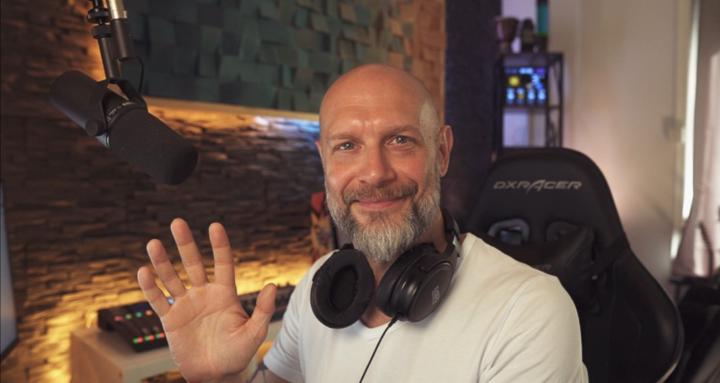What's your favorite DAW?
Hey everyone, here is a little action post I want to initiate: I am aware that a DAW is always a matter of taste. I am also aware that a DAW is only as good as the composer and in the end it really doesn't matter because the outcome is what really counts. Howeverrrrrrrrr .... 1. What is your favorite DAW/What is the DAW you are using? 2. Briefly explain why you like it or what features you like it for? Go! :)
Two tools that changed how I work (and might help you too)
Hey guys, Just wanted to quickly share two tools I've been using lately that you might find useful. Rize is a time tracker that runs in the background. No need to start or stop anything. It just shows you where your time actually goes. I was curious why some days felt super busy but I didn't get much done. Turns out I was spending way more time on random stuff than I realized. Might be interesting for you too if you ever wondered where your hours disappear to. Wispr Flow is voice dictation that actually works. You talk, it types. Clean text, no filler words, works in any app. I use it for emails, messages, notes, basically anything where I'd normally have to type. Way faster. Good news: I got you covered with my referral links. If you use them you get a full free month to try everything out properly, no risk. → Rize: https://rize.io?code=2AC776&utm_source=refer&name=Alex → Wispr Flow: https://wisprflow.ai/r?ALEX15450 Let me know if you have any questions!

Mobile Studio
Hi there! I finally decided to put together a mobile studio so I can keep working even when I’m away from home. I was curious to hear what your mobile setup looks like, if you’re using one. Here’s what I’m currently working with: - MSI 15" PC with 64 GB RAM - 2 TB NVMe SSD for a selection of libraries that let me sketch or build a full track - Arturia MicroLab MK3 - iPad Pro as a second screen when needed - Stream Deck Mobile on my phone Still refining it, but it’s already proving pretty useful.
Scaling Session with Frank | Replay
Hey all, here is the promised Replay of the Scaling Session with Frank. If you have any question, feel free to reach out to Frank for support. I am pretty sure he will answer your questions. Honestly, I had a few lessons about a similar system in the past but in these 45 mins with Frank I understood more about it than ever before 😅. Rest assured, Frank has more spells available for you, ... so if you are curious about this very helpful music composition system, make sure to check out his Circle of Interval Magicians. Let us know, what do you think about scaling? Do you have questions? Also, feel free to post your examples you created with his method.

🔮 Don't miss the wave: The 2025 Community Strategy
We are heading into a massive shift in the online space. I just recorded a video explaining why 2025 and 2026 will be the years of the Community Economy—and why Skool is the vehicle to do it. I wanted to give you guys the head start. In this 30-minute session, I walk you through the exact strategies I would use if I were starting from scratch today. This is the roadmap. Watch it, apply it, and let’s build. 👉 Get your own Skool community for $9

1-30 of 57

skool.com/audio-artist-academy
🎯 Community for Audio Artists Who Want to Build Profitable Careers – Not Just Make Music, But Actually Get Paid For It
Powered by







